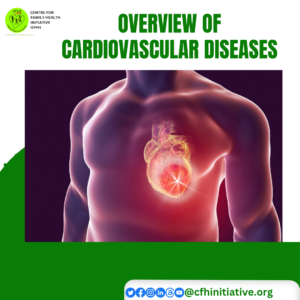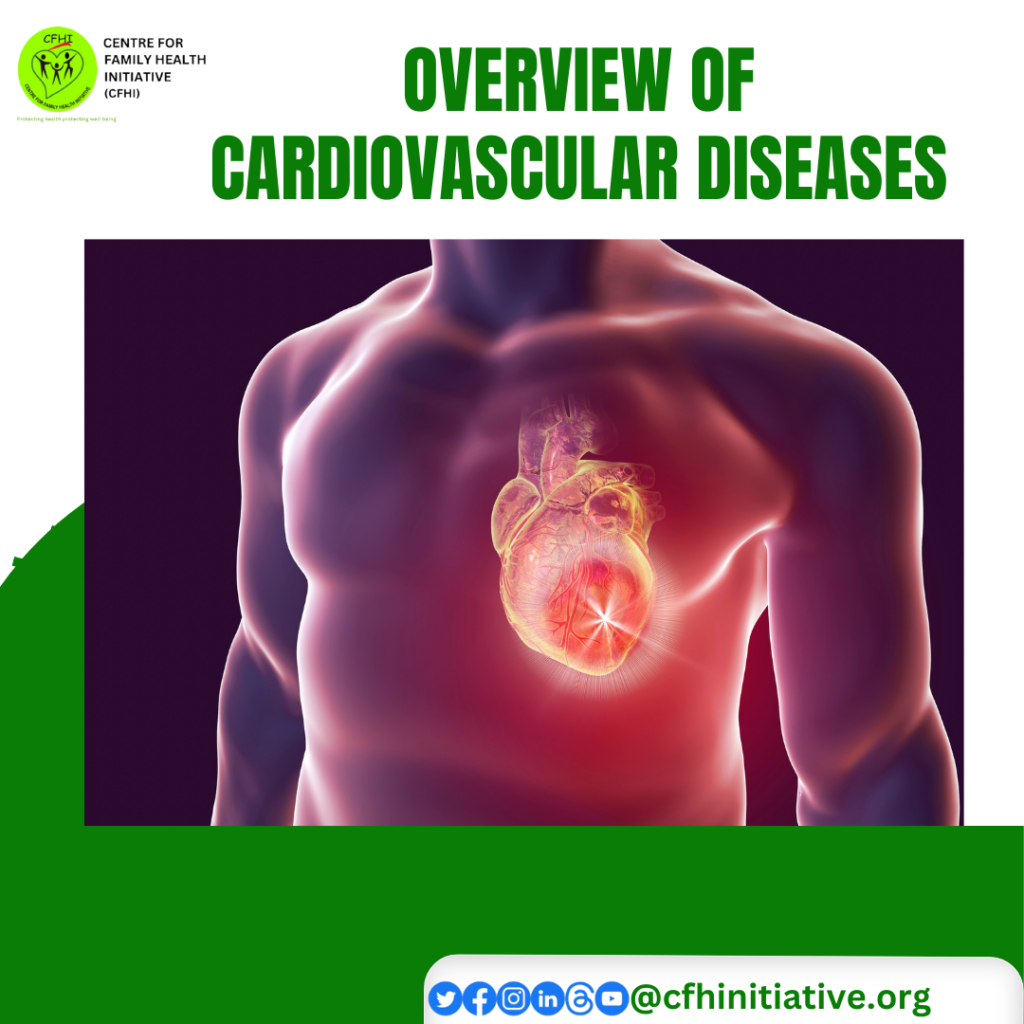Cardiovascular diseases (CVDs) stand as the leading cause of mortality worldwide, claiming 17.9 million lives annually. Ranging from heart attacks to strokes, these ailments affect the heart and blood vessels in various forms and degrees of severity.1
Some of the cardiovascular diseases include:
1. Coronary Artery Disease (CAD):
CAD, often stemming from atherosclerosis, involves the buildup of plaque in the arteries supplying blood to the heart. This condition can lead to angina (chest pain), heart attacks, and heart failure, significantly impacting an individual’s quality of life and longevity.
2. Hypertension:
Hypertension, or high blood pressure, serves as a silent killer, gradually damaging arteries and increasing the risk of heart attacks, strokes, and other complications. Its prevalence underscores the importance of regular blood pressure monitoring and lifestyle modifications.
3. Stroke:
Strokes, whether ischemic or hemorrhagic, result from disruptions in blood flow to the brain. They can cause devastating consequences such as paralysis, speech impairments, and cognitive deficits, highlighting the urgent need for stroke prevention and prompt medical intervention.
4. Heart Failure:
Heart failure occurs when the heart becomes unable to pump blood effectively, leading to symptoms like fatigue, shortness of breath, and fluid retention. It necessitates comprehensive management strategies to alleviate symptoms and improve prognosis.
Heart attacks and strokes are the primary cause of over four out of every five CVD deaths, with one-third of these deaths occurring prematurely in individuals under the age of 70. 2
5. Arrhythmias:
Arrhythmias encompass irregular heart rhythms, which can range from harmless palpitations to life-threatening cardiac arrest. Understanding the underlying causes and implementing appropriate treatment modalities is crucial for individuals with these conditions.
Risk Factors and Prevention:
Numerous factors contribute to the development of CVDs, including smoking, high blood pressure, high cholesterol, diabetes, obesity, sedentary lifestyle, and genetic predisposition. Adopting a holistic approach to prevention involves lifestyle modifications such as maintaining a balanced diet, engaging in regular physical activity, abstaining from tobacco use, managing stress, and adhering to prescribed medications.
In the fight against CVDs in Nigeria, from 2019 to 2021, CFHI in collaboration with the Health Strategy and Delivery Foundation (HSDF) implemented the Diabetes Awareness and Care Project in Imo state, Nigeria to raise awareness of type 2 diabetes mellitus (T2DM), its risk factors, and prevention in targeted communities across six (6) Local Government Areas. This initiative resulted in reaching 258,997 individuals with T2DM awareness messages, screening 16,194 people for T2DM and hypertension, establishing 12 health clubs in schools, and referring 607 individuals for further healthcare management.3
Cardiovascular diseases represent a multifaceted challenge with far-reaching implications for individuals, families, and societies at large. By promoting awareness, implementing preventive measures, and advancing medical treatments, we can strive to mitigate the impact of CVDs and improve cardiovascular outcomes globally. Empowering individuals with knowledge about risk factors, symptoms, and available resources is paramount in fostering a healthier future free from the grip of cardiovascular diseases.
Join CFHI’s “Monday Health Burst” initiative on all social media platforms for weekly discussions on basic health concern.
References:
1. https://www.who.int/health-topics/cardiovascular-diseases#tab=tab_1
2. https://www.who.int/health-topics/cardiovascular-diseases#tab=tab_1
3.https://www.cfhinitiative.org/home-2/our-projects/dac/




